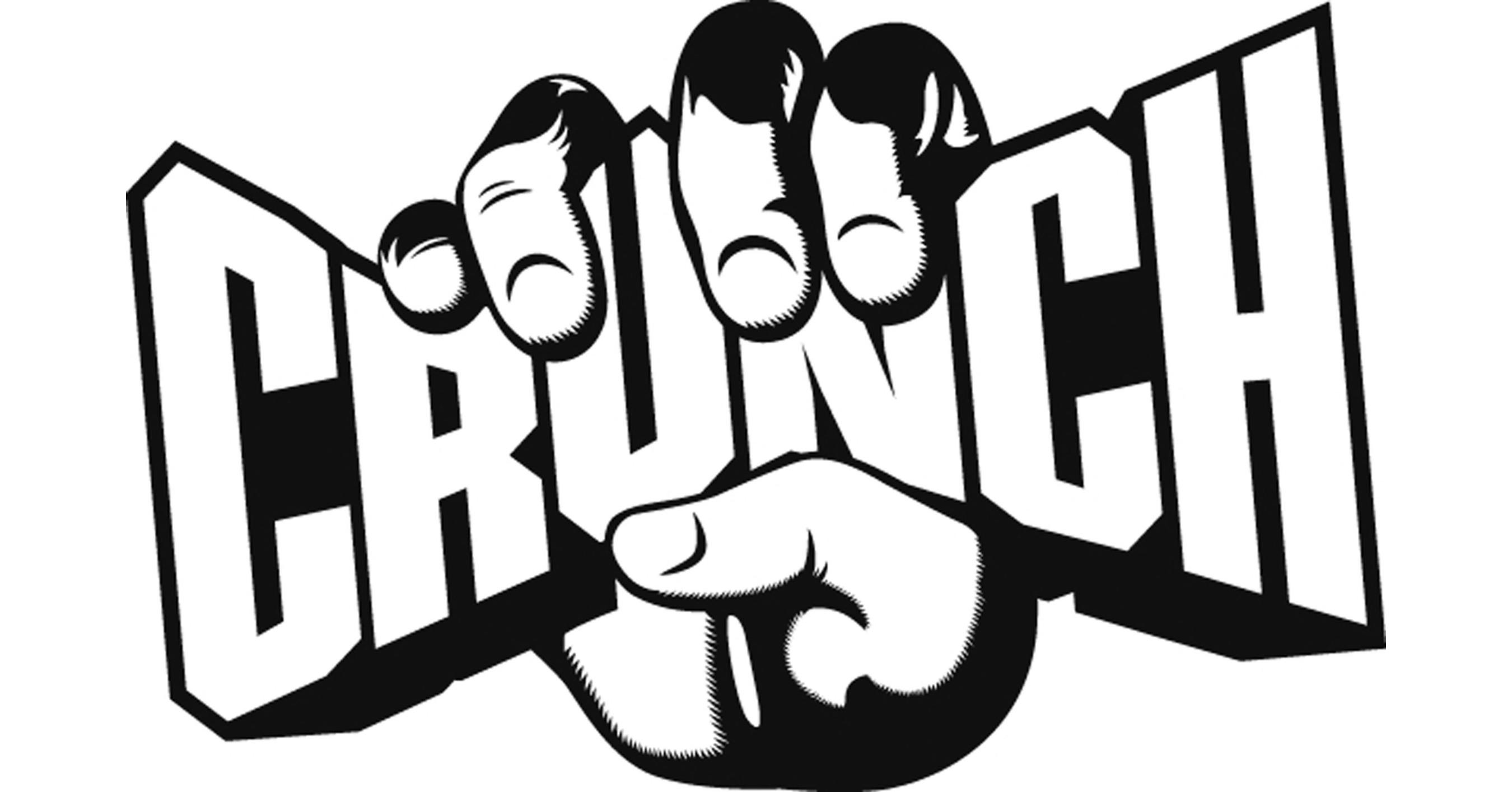Olympic Medalist Alysha Newman Strategy To Soar Higher – Muscle & Fitness

Alysha Newman was lifted to legendary status in her home country of Canada after taking a bronze medal home from the Paris 2024 Olympic games. And, in this exclusive interview with M&F, the inspirational icon explains how learning to harness both her physical and mental strength was the key to her success. Now she intends to help young athletes reach their own potential.
Newman’s evolution in sports was far from a guaranteed success: As a promising gymnast, she had to hang up her leotard after suffering a back injury at the tender age of 13. A year later, she tried her hand at track and field and fortunately, she excelled. By 2013 Newman was able to use her gymnastic background to fly high with pole vaulting, and became the Mid-American Conference champion. She graduated from the University of Miami in 2016 with a major in exercise physiology and a minor in nutrition.
By 2018, the lady from London, ON, had captured gold in the Commonwealth Games, setting a new games record of 4.71 meters (15 feet and 5¼ inches). But along with the highs, inevitably came the lows for Newman. With future competitions marred by poles being damaged in transit, plus a career-threatening torn patellar tendon, Newman was forced to face both her physical and mental insecurities.
Thankfully, she had no intention of letting those defeats define her, and bounced back to win numerous meets. Still, her path to greatness has never never smooth—she’d suffer a concussion and sponsorship issues off the field that would once again threaten to derail her hopes and dreams. Adamant that she had more to give the sport, Newman dug deep gave her all in her strength and conditioning sessions, and began working with a mental performance coach.
By 2024, the 5’8’’ talent was once again breaking her own records and readied herself for a third appearance in the Olympics. It would prove to be third time lucky as the star set a new national benchmark of 4.85 meters (15 feet, 9 inches) and grabbed a bronze medal for her herculean efforts. She also made headlines for celebrating the new record with her traditional twerk.
“I’ve dreamt of having this medal, not just for me, but for Canada,” she tells M&F. “I remember watching the gymnasts and watching the figure skaters bring home medals, and it was just such an honor to see them stand so tall and so emotional on the podium, and I wasn’t emotional at all during my actual podium. But afterward you just realize what you’ve accomplished, that you’re just almost in a firefight for 15 years, and then it’s a dream come true. So, it doesn’t feel real sometimes, but then there’s moments where I’m re-analyzing what I’ve done and then I just start crying.”
ddddddd
Alysha Newman Tracks Her Progress on the Pole via Strength and Conditioning
Unlike running, or weightlifting, the process of tracking progress in pole vaulting is tricky, because the heights that are achieved can be erratic. In order to make sure that her body is at an optimal level, even when the scores are scattered, Newman says that benchmarking some key performance indicators with her fitness is essential. At the start of the season, the athlete takes some measurements such as her one-rep max in the clean and snatch. Then her benchmarks are checked around every two weeks. “And you can kind of tell you’re getting stronger and faster,” she explains. “We’ll do a 60-meter sprint, then we’ll do a bench, and then do a squat.”
Newman says that developing her speed and strength is what allows her to work with bigger poles, helping her to jump higher. It’s a process that never ends for an ambitious athlete. “You might run 100% in a 60-meter sprint, but on the pole vault runway you have to be controlled. So, you’re only running at 80%,” explains Newman. “So, if I can increase my speed off the runway, then that 80% is going to mean more on the pole runway and that’s my goal this year. This year is for me to get faster, because obviously I tore almost everything in my ankle leading into the Olympics, so I was not fast at all, and I really do feel like I can be one of the best in the world, if not the best.”
Alysha Newman has Become Mentally Grounded in Order to Soar Higher
Undoubtedly, pole vaulting is a unique sport in many ways. “You’re catapulting yourself over 20 feet in the air,” notes Newman. “Sometimes I wake up, and I’m like; what am I doing? What is this action that I’m doing?, and I don’t think it’s natural for humans to do so. You’re constantly putting your brain through high stimulation and not reality. And so, sometimes I think a lot of pole vaulters deal with brain health, and they deal with depression when things aren’t going their way, because they just don’t know how to fix their brain.”
Newman says that she has finally found mental clarity and peace from the fact that she takes the time to learn all the details of her sport and trains with intensity so that she can head towards her flow state on game day. “We call it autopilot,” explains the high-flyer. “We have to be on autopilot down the runway, because the more you try, the polls won’t react the same, and it’s not what you’re used to.”
She adds: “I think it’s important that the autopilot taps in during your peak for a certain competition or an event. You can’t try harder because that’s not what your body is used to. You might burn out easier. I do believe that that was my mindset leading to my physical success going into Paris. I felt so well prepared because of my wisdom and my experience, that I literally let my body take over. On the runway, I pretended the white lines were flames and so any thoughts I had couldn’t enter those lines, and that’s how I got rid of all my negative thoughts.”
Alysha Newman is Using Her Olympic Medal to Pay it Forward
Newman explains that her coaches are volunteers, and that there’s little financial support available for track and field in Canada, but she is hoping that her Olympic medal will inspire some progress in this area, and is putting in a great deal of work to make that happen. “I’m a big believer that if you surround yourself with the right people, that are ‘geeks’ in track and field, that you can make more Olympians and Olympic medallists,” she says. Newman has set a goal to build a new facility where coaches are paid full time. “If we can have it before 2026, with me training into 2028, it would be my like ultimate goal and the reason I was put on this planet—for track and field.”
Follow Alysha Newman on Instagram
Related
Cardiorespiratory Fitness Tied to Better Cognitive Performance in Seniors
THURSDAY, Dec. 12, 2024 (HealthDay News) -- Higher cardiorespiratory fitness (CRF) in older adults is associated with better cognitive performance for episodic
Try This 1 Stretch for Looser, More Mobile Hips
WE SIT A LOT. You’re probably sitting right now as you read this. We live in a world that privileges sedentary lifestyles, so sitting is inevitable. But be aw
Crunch Franchise Brings State-of-the-Art Fitness Facility to Lake Worth, FL
LAKE WORTH, Fla., Dec. 12, 2024 /PRNewswire/ -- Crunch Fitness today announces the opening of
10 Highly Effective Strength Exercises That Deliver Serious Gains –…
There are many cool and highly effective strength exercises and it’s impossible to do them all. Between all the variations of deadlifts, presses, rows, sq











